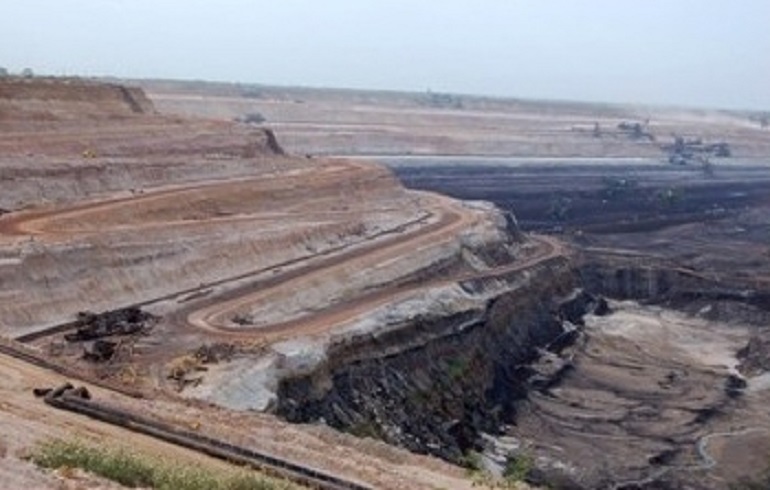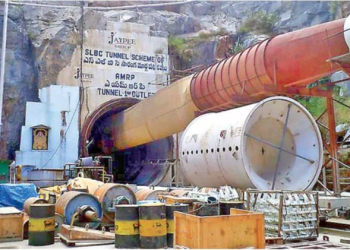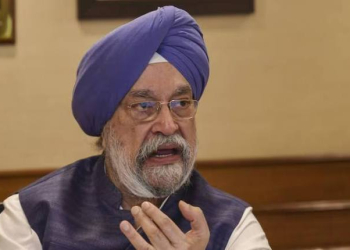Bhubaneswar: To strengthen India’s energy security and to realise AtmaNirbhar Bharat by replacing imported coal with domestically mined coal, the Ministry of Coal has set a target to produce 1.3 billion ton (BT) in FY25 and 1.5 BT by FY30. Development of coal transportation that is cost efficient, fast and environmental friendly is important goal of the country.
Keeping in view of increased coal evacuation in future, Ministry of Coal is working on the development of National Coal Logistic Plan including First Mile Connectivity through railway sidings near coal mines and strengthening of Rail Network in Coalfields.
Ministry of Coal has formulated strategy to develop an integrated approach for eliminating road transportation of coal in mines and has taken steps to upgrade mechanized coal transportation and loading system under ‘First Mile Connectivity’ projects. Coal Handling Plants (CHPs) and SILOs with Rapid Loading Systems will have benefits like crushing, sizing of coal and speedy computer aided loading.
Ministry of Coal has undertaken 51 first mile connectivity (FMC) projects (44 – CIL, 4- SCCL & 3 – NLCIL) of 522 million ton per annum (MTPA) capacity, out of which 8 Projects (6-CIL & 2-SCCL) of 95.5 MTPA capacity have been commissioned. These 51 projects will cost ~Rs 18000 crores and all of them will be commissioned by FY2025. Since CIL has taken up new projects in production of coal, it has been proposed to take up additional 17 FMC projects with capacity 317 MT to be implemented during FY20-27.
Study was undertaken through National Environmental Research Institute (NEERI), Nagpur in 2020-21 on the environmental and cost benefits of FMCs. Report has established yearly reduction in carbon emissions, reduction in truck movement density and significant savings in annual diesel consumption and cost.
FMC projects will reduce manual intervention, precise pre-weighed quantity, reduced loading time and better quality of coal can be loaded. Reduced loading time will increase availability of rakes/wagon. Easing the load on road networks promotes cleaner environment and savings on diesel. It will be an all-round win-win situation for the company, railways and the consumers.




















